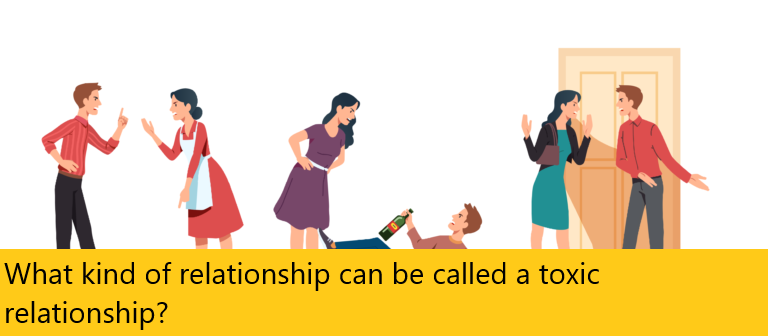Salvabrani.com , Jakarta – Every relationship has its ups and downs and fights. In a healthy relationship, fights must find a way out and be resolved in a good way. A healthy relationship is also characterized by partners discussing issues openly, enjoying each other’s company, and supporting each other’s decisions.
When the fight doesn’t find a bright spot and you don’t feel happiness with your partner, be careful that you might have fallen into a toxic relationship, aka toxic relationship. Toxic relationships that are continuously maintained can actually hurt you and your partner. Be careful, this condition can be bad for your mental health.
Signs of a Toxic Relationship
Launching from Healthline, signs of a toxic relationship can be subtle or very clear. If your partner shows the following signs, it means your relationship has entered the toxic relationship category:
1. Lack of support
The foundation of a healthy relationship is a shared desire to see the partner succeed in all areas of life. If your partner actually sees every achievement as a competition, it means that the situation has turned toxic. When everything becomes a competition, you must feel unsupported by your partner when you want to achieve certain things.
2. Communication is not good
Signs of a toxic relationship are also marked by conversations that only contain sarcasm, criticism, and debate. Over time, communication like this will only lead to fights. In the end, you may want to avoid talking to each other because you are tired of arguing.
3. Excessive jealousy
Jealous with your partner occasionally may be natural. However, if this feeling of jealousy continues for no apparent reason, even to the point of disrupting your life and relationships with close friends or relatives, it means you have entered into a toxic relationship.
4. Controlling behavior
Does your partner often ask your location or how you are all the time? This may be normal for your partner to do to make sure your condition is okay. However, if your partner gets really annoyed when you don’t answer messages or calls right away, be careful, this is one of the early signs of a toxic relationship.

5. Dishonesty
If you frequently make up lies about your whereabouts to avoid your partner, you may be in a very uncomfortable phase in your relationship. This attitude is usually triggered by the behavior of a partner who likes to control so you don’t have your own space.
6. Always restless
Tension in a relationship that continues to occur can make you nervous at any time. This condition can be an indicator that something is wrong. If persisted, this ongoing anxiety can take a toll on your mental and physical health.
7. Ignore the need
If you always follow whatever your partner wants to do, even though you know it is against your wishes and even ignore your needs, this is a sign of a relationship that has entered a toxic relationship.
8. Keep away from relatives
Another very clear sign of a toxic relationship is the possessiveness of your partner. This possessive attitude can keep you away from friends and family just to avoid conflict with your partner.
9. Lack of self-care
Toxic relationships can also make you neglect self-care that you usually do. You may not have time to do hobbies, neglect your health, and sacrifice your free time just for your partner. If left unchecked, this can stress you out and make you vulnerable to physical and mental problems.
10. Expect partners to change
Not a few people still survive in toxic relationships, because they believe that changing yourself and your actions can also change your partner for the better. In the end, this method will only torture or hurt yourself.

